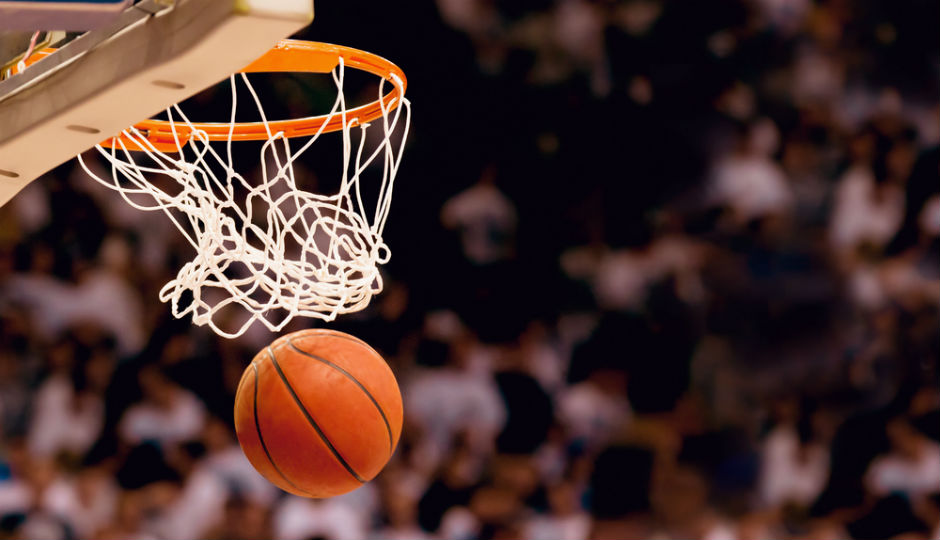Mike Missanelli is on 97.5 FM The Fanatic every week day from 2 to 6 p.m. Follow him on Twitter @MikeMiss975.
Who Cares About Student Athletes’ Grades?
As the NCAA’s three-week run of March Madness begins, it’s time to talk about basketball student-athlete … academic fraud?
Syracuse University has not been included in this year’s NCAA tournament. Several weeks ago, the basketball program self-imposed a postseason ban on this year’s team — to which the NCAA then added sanctions and the vacating of 108 wins under head coach Jim Boeheim.
Boeheim countered with a press conference Thursday morning, just hours before the official first round of the tournament would begin, claiming his innocence and his intention to appeal sanctions that he claims are “unduly harsh.”
The main thrust of the NCAA’s case involves the eligibility of a player named Fab Melo, a 7-foot center imported unto the American high school basketball treadmill via Brazil.
Fab wasn’t exactly fab in the classroom and poor grades got him entangled up in academic ineligibility in a year where Syracuse desperately needed Melo to fuel a Final Four run. A Syracuse pow-pow was convened. Directors of compliance and assistant coaches and Boeheim and academic executives all invested in the pride of Orange athletics. Melo would write an extra credit paper in an attempt to raise a poor grade he had gotten in the class the previous year — with the approval of the professor of that class. The paper was turned in. It was inadequate because it didn’t have citations. Within two days, those citations would magically appear and Fab Melo would play that weekend.
It is a tale as old as time. There isn’t a big-time college basketball program in America that doesn’t have a mechanism such as this to keep important players academically eligible.
Here’s the thing: Do we really care?
Athletes are recruited to play a sport for a university. Nearly EVERY athlete recruited to a big-time school is thinking one thing — getting to play as a professional. Now that may not work out for them. And if they have any perception at all, they would be wise to earn credits toward a degree in some major. But these athletes come to a school to major in sport. Most of them are admitted to the university through a special admissions committee that reviews their applications through a lens different than the generic applicant to the school. These athletes are usually major academic risks, admitted only to fortify the athletic program. In this case, Melo was admitted for the glory of Syracuse basketball, a major basketball power.
It’s simply good business. It’s a major advertisement for the school. It’s fortifies school pride. Heck, I’ll bet the majority of Syracuse professors, those slaves to academia, have that same fan interest. Being good in basketball or football makes alumni dig deep to donate the cash that helps the university thrive. Syracuse’s plan was to milk Fab Melo for as long as it could.
What makes me laugh are all the talking-head coaches on ESPN, the Seth Greenbergs and the Dick Vitales of the world extolling Boeheim’s virtues. They do the same with Roy Williams, the supposedly immaculate and classy coach of North Carolina who is face-first into a horrendous academic scandal at one of the “State School Ivies.” Fellas, please, spare me.
You know who Syracuse can blame for this mess? Penn State. Because the NCAA blew it so badly with the Penn State football sanctions, which were based not on student athlete fraud but on criminal activity, it dipped its toe where it didn’t belong and has now been excoriated for that. This is the make-up call. Here’s an academic sanction they can pound down the throat of Syracuse and re-announce to the world that this is the thing the NCAA does best.
In the middle of March Madness, where we drink our spiked punch as we watch the games on big-screen TV’s and fill out our office pools, they think we actually care about the Fab Melo case.
We really don’t. We just want to see the games.



